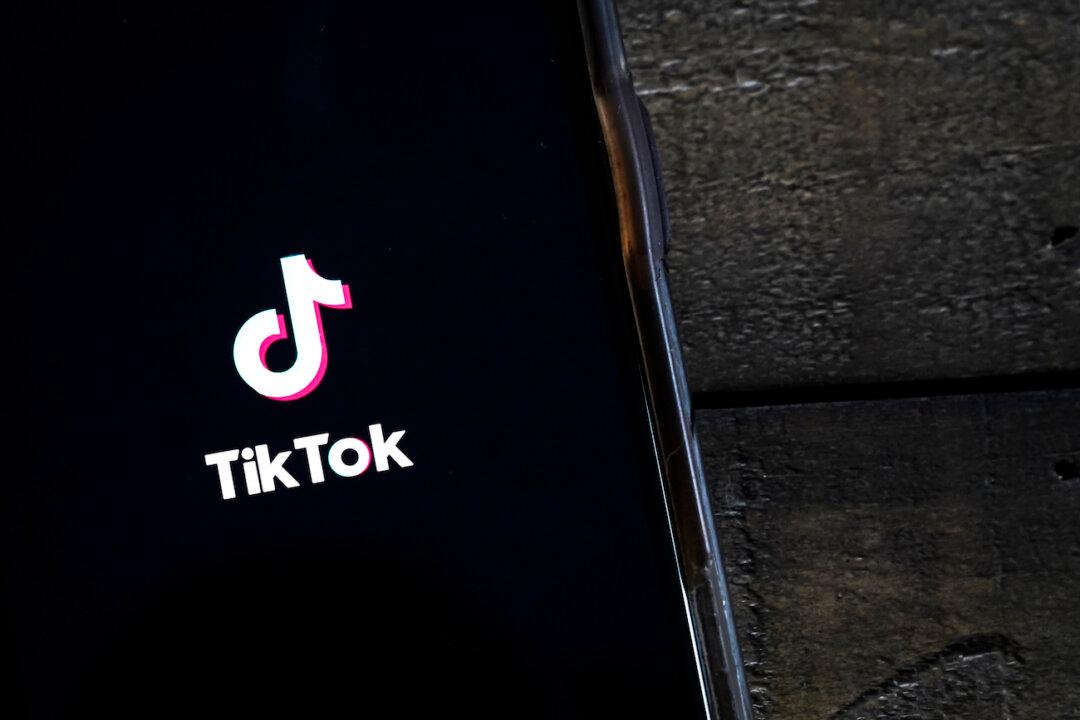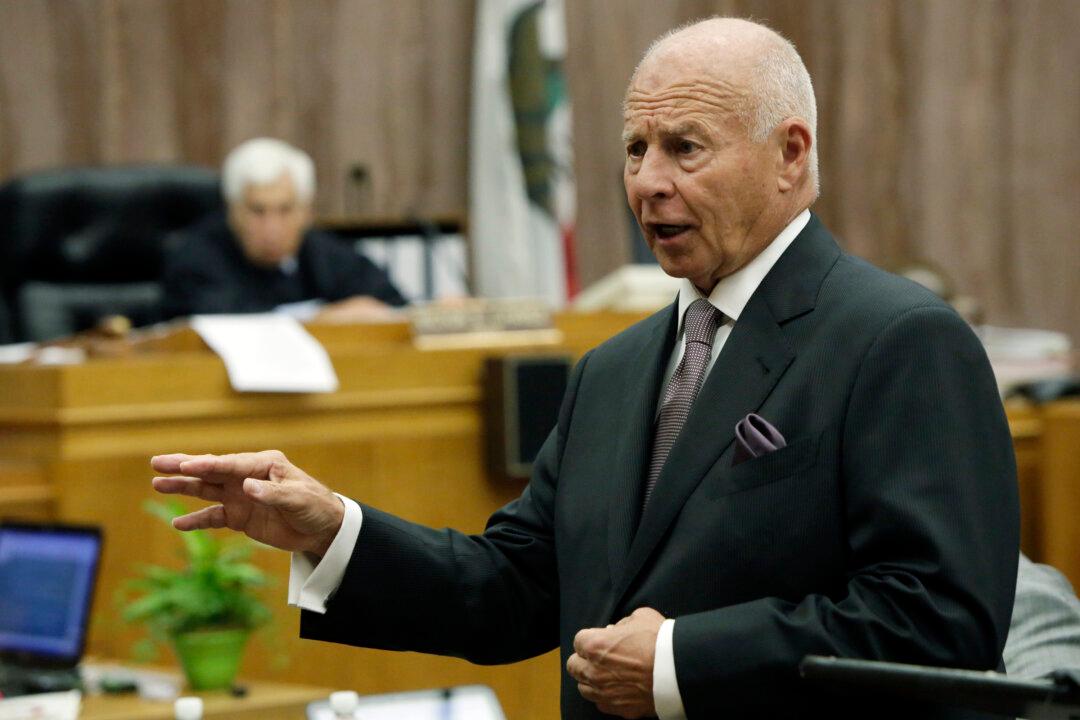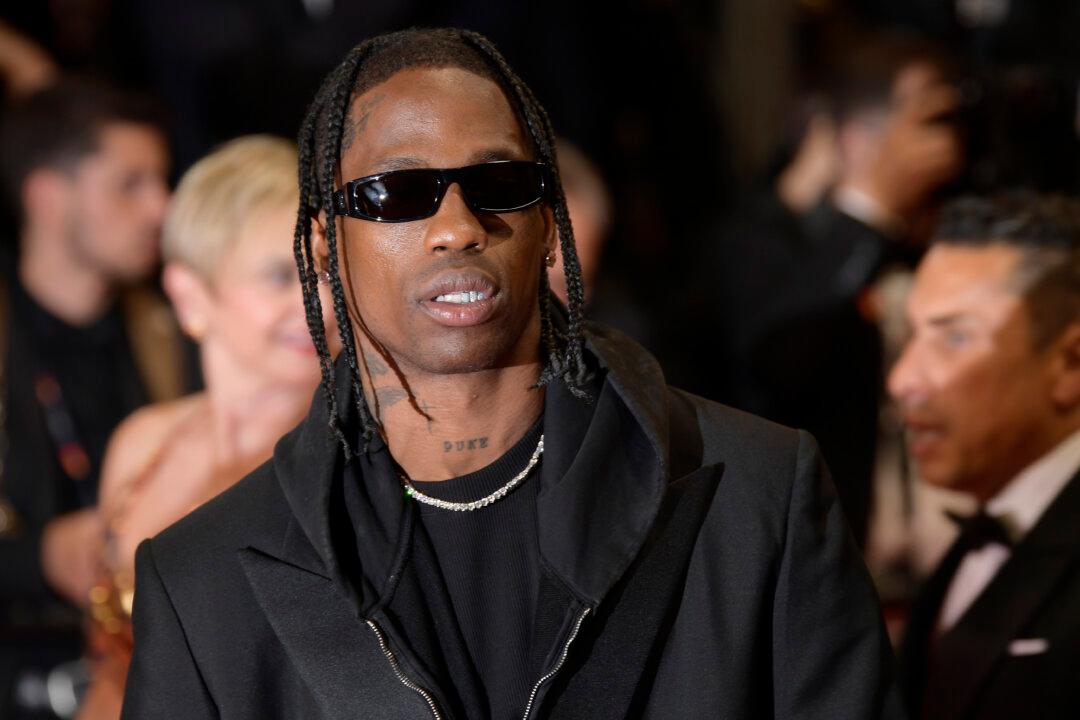The attorney general of Iowa initiated a lawsuit against TikTok on Jan. 17, with the social media platform standing accused of misleading parents about the extent of inappropriate content shown on the app.
According to the lawsuit filed in a state court in Polk County, Iowa, TikTok and its Chinese parent company, ByteDance, have repeatedly lied about the prevalence of harmful content aimed at children. This includes content containing drug and alcohol use, as well as profanity, nudity, and sexual content.




